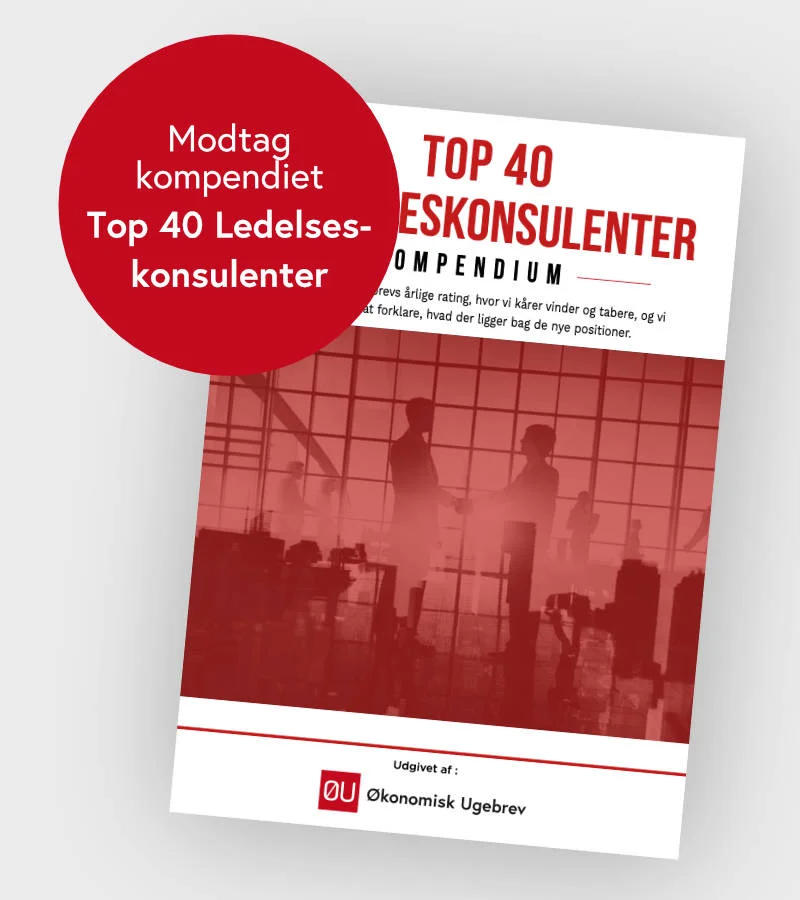ING: How AI productivity gains are set to diverge across European sectors. Wondering how AI could impact sectors across Europe? We’ve taken a look at the details, and we’re inclined to think that smaller sectors stand to benefit the most in the near term. Larger sectors may not be ready to implement AI just yet – and for some, perhaps not at all. We think productivity gains will be limited to around one percentage point per year. The business services sector is among the list of European sectors that we believe could stand to benefit from a whole host of AI-related opportunities. In this article: What is AI?Business services/ Real estate/ Manufacturing/ Transportation & logistics/ Energy/ Healthcare/ ICTFood & Agri/ Construction/ Financial service.”
Læs hele analysen her
ABNamro: Macro implications of the US Elections: Trump tariffs cause a recession. Democrat victory only marginally alters the US’ economic trajectory, Republican victory blows it off course. A full-scale implementation of the Trump-tariffs will increase inflation and put the US in a recession. The impact on the economy is as permanent as the tariffs, output and price levels do not recover. A partial victory, where Congress is divided, improves economic outcomes relative to full victories. The US presidential elections are rapidly approaching. The two parties’ plans for the economy, such as tax, trade and immigration policy, differ greatly. We simulate the impact of the proposed policies on the US economy over the next presidential term. We focus on high-level economic outcomes such as growth, inflation, (un)employment and the Fed policy rate based on planned changes in corporate and personal taxes, tariffs, government expenditures and immigration policy.” Læs hele analysen her
Commerzbank: “Governing will get more difficult” / Den amerikanske statsgæld vil fortsat stige med nedjustering af kreditværdigheden som en oplagt mulighed. The last governments (Trump and Biden) implemented their priorities with a series of extremely expensive measures and cushioned economic difficulties with large amounts of money. Both parties have rediscovered industrial policy and have also spent a lot of money on it.
The Biden administration’s flagship project – the “Inflation Reduction Act” (essentially a program to subsidize more environmentally friendly technology) – and the programs to expand infrastructure and semiconductor manufacturing will require high spending for years to come. A significant increase in the defense budget is expected in the coming years due to global political tensions (despite the noticeable increase in recent years, this is currently only 3.2% of GDP, a very low figure in a long-term comparison).
Due to these developments and the fact explained above that major spending cuts and/ or extensive tax increases hardly seem politically possible, deficits are likely to be even higher than expected by the CBO. The US will continue to try to muddle through for the time being. But the situation is now more difficult than in 2019. The risk of further rating downgrades for the US is increasing. Many of the proposed projects could therefore fail due to the budget situation.” Læs hele analysen her
Morgan Stanley: Nuclear Power’s Renaissance. Nuclear power generation is experiencing a revival driven by ambitious climate goals and technology demands. Targets set at the UN’s COP28 climate conference call for a tripling of nuclear capacity by 2050, but Morgan Stanley sees global nuclear capacity doubling by 2050. Funding will come from government support via subsidies, tax schemes and bond investors. Opportunities should emerge in uranium mining, nuclear power generation, physical infrastructure and waste handling. As the world’s search for cleaner, more reliable fuel sources has become increasingly urgent, nuclear power is poised for a renaissance that may attract $1.5 trillion in capital investment through 2050, according to Morgan Stanley Research.”
Læs hele analysen her
Morten W. Langer














